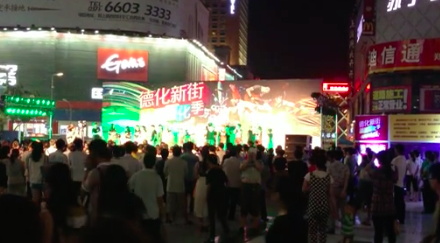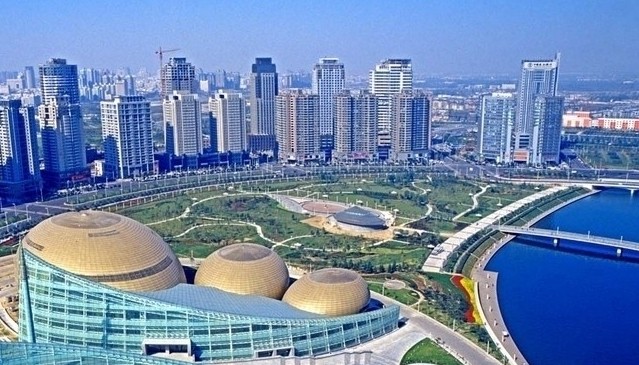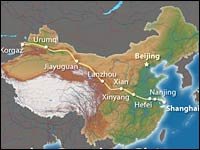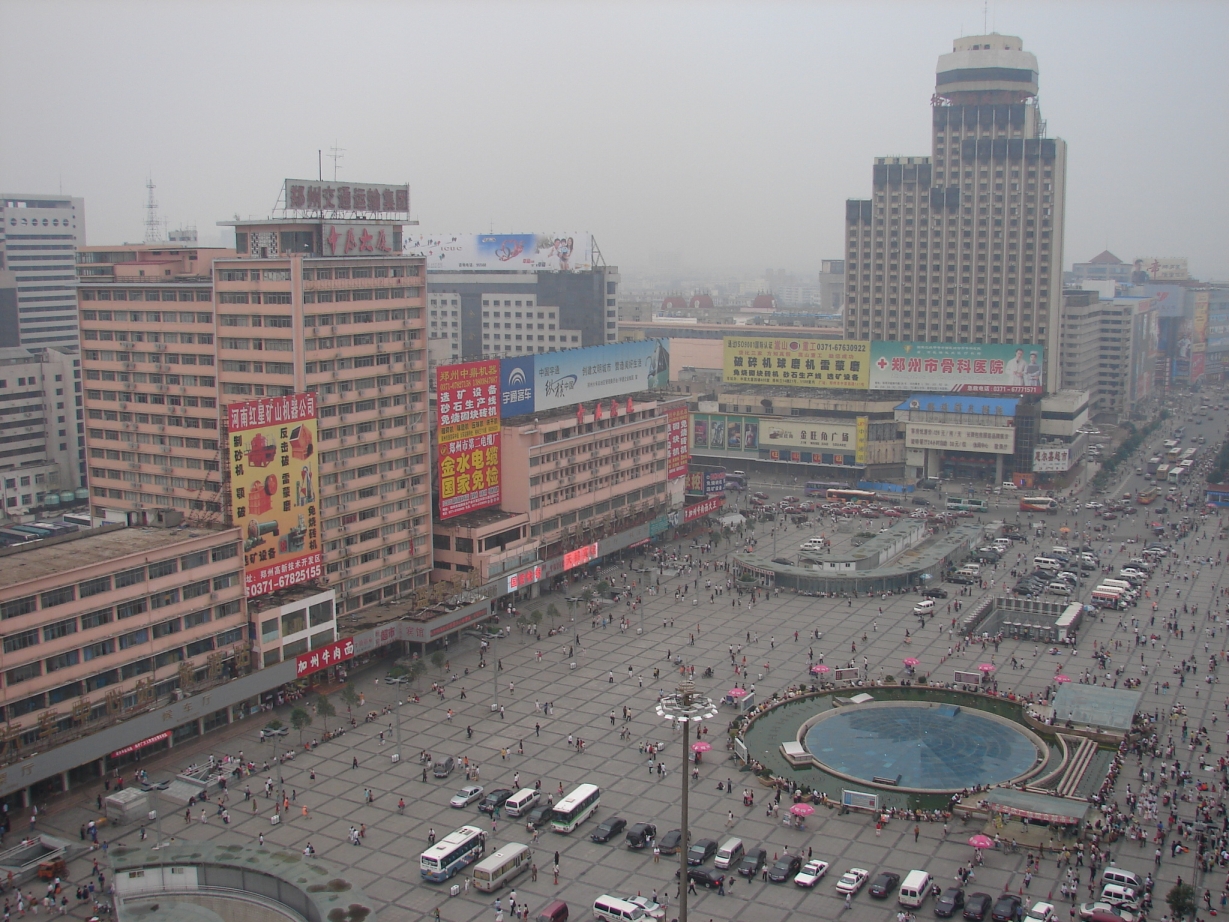I went to church on Easter Sunday, which is noteworthy because I’m an agnostic Jew living in an officially atheist country.
Out of curiosity, I joined my fellow teachers Amos and Jennifer at a non-denominational Christian church a few miles from our university in Zhengzhou.
The church is surrounded by piles of rubble from recently demolished buildings that were knocked down to make way for a new development. “It looks like Beirut during the civil war,’’ Amos said.
Shells of apartment buildings stand amidst the ruins, but they aren’t part of the new development. They are recently constructed expansions of old structures, designed to increase the compensation that relocated residents get from the government.
Every person whose home is leveled gets money and at least one free apartment (and often several) from the state. Since the amount of compensation is based on the square footage of the owner’s building, some residents rush to expand their homes before they get knocked down. All that’s required is the frame, which means you can quickly build something that will almost immediately be destroyed.
That pretty much sums up the contradictions of modern China.
***
The church, a drab two-story concrete structure whose inside has just been renovated, is the only functioning building left in the area and will apparently be spared by the demolition crews.
Rows of burgundy wooden benches were packed with about 200 worshippers on Sunday. People of all ages attended the service, including several screaming children who kept running up and down the aisles. The dress was casual, even for the young pastor, who wore a dark sports jacket and open-collar shirt.
The first part of the service featured hymns sung by a worship team featuring three guitar players and an organist. They were later joined by a 15-member choir dressed in red and white robes.
The back of the stage was adorned with a red cross and this plea, written in Chinese and English: “O Lord, Hear My Prayer, Listen to My Cry for Mercy.’’ There were also large projection screens on each side of the stage that displayed the words of the hymns and prayers.
Some of the more fervent worshippers reminded me of the Pentecostal churches I visited when I lived in the American South. A middle-aged woman sitting directly behind me sobbed as she prayed aloud with her eyes shut. A young man in the front row violently jerked his head from side to side as he sang and waved his Bible.
The church didn’t provide Bibles, but many congregants brought their own and some even read from Bible apps on their mobile phones.
***
The pastor’s sermon was about the resurrection. Amos, who comes from Singapore and speaks Mandarin, translated for me. He said the sermon included references to the Jewish Passover festival, the physical return of Jesus and the Chinese Revolution of 1911, which overthrew the last imperial dynasty.
Although the ruling Chinese Communist Party is atheist, hundreds of millions of people here are religious. Buddhism and Taoism are the most popular religions, but Christianity has a rapidly growing following. All churches are supposed to register with the state, Amos told me, but there are also many “underground’’ houses of worship that operate in secrecy.
At the end of the Easter service, they passed around bowls of hard-boiled eggs. Each egg was inscribed with Chinese characters that spelled out a religious saying. Mine read, “God be with you.’’ Amos’ egg said, “May sorrow turn into joy’’ and Jennifer’s read, “Jesus loves you.’’
Who needs fortune cookies?




